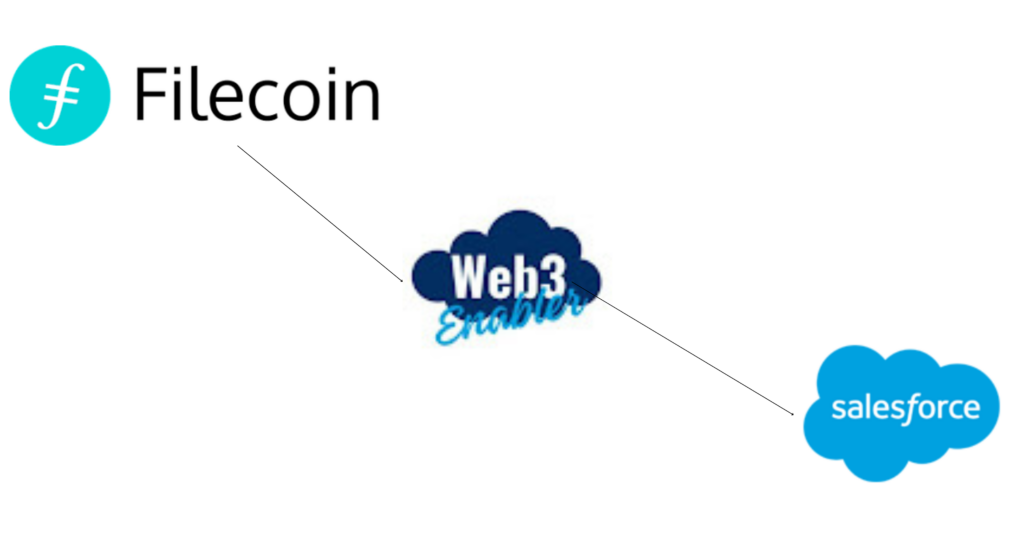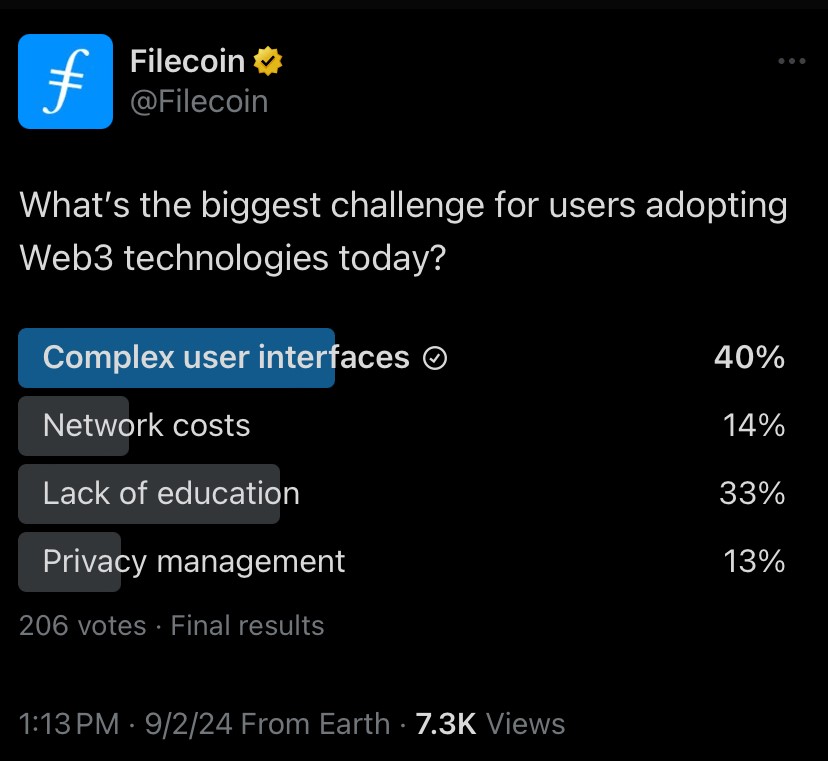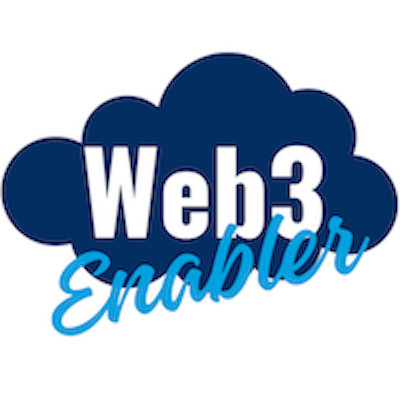
Using Filecoin for the enterprise can solve data storage problems for organizations of various sizes, in various industries.
Why Filecoin Matters for the Enterprise
As data needs continue to grow across all industries, enterprises are facing increased pressure to store, secure, and manage massive volumes of digital information. Traditional centralized storage systems, while familiar, come with escalating costs, limited scalability, and single points of failure. Filecoin, a decentralized storage protocol built on blockchain technology, presents a powerful alternative.
Using Filecoin for the enterprise can help solve storage challenges. It offers secure, distributed solutions that reduce dependency on centralized providers. Simultaneously, it enhances data redundancy and cost-efficiency. As Web3 infrastructure matures, solutions like Filecoin are paving the way for more resilient and decentralized business systems.
Priorities for Filecoin Enterprise Adoption
A recent Filecoin X community poll identified complex user interfaces as one of the top challenges to adopting Web3 technologies in the enterprise space. This reflects a broader trend. Businesses are eager to explore decentralized tools but often find the user experience difficult to navigate.
Simplifying these interfaces, improving documentation, and offering native integrations with platforms enterprises already use (like CRMs and ERPs) are key to lowering the barrier to entry.

Another recent Filecoin X poll highlighted an additional need: more real-world use cases. Enterprise decision-makers want to see how decentralized technologies can solve practical business problems. This is especially true in compliance-heavy or data-intensive industries such as healthcare, finance, and logistics.
These findings point to a simple truth. The path to decentralized adoption must be paved with education, usability, and business-ready applications.

Decentralized Storage Beyond Payments
Much of the attention in Web3 has centered on blockchain payments. Businesses are rapidly adopting stablecoin and crypto-based transaction systems. However, the potential of blockchain goes far beyond payments. Filecoin, as a decentralized storage network, represents a foundational layer for securing not just financial transactions, but valuable data assets as well.
Just as blockchain payments have helped companies bypass high banking fees and accelerate settlement, decentralized storage offers similar advantages in data management:
- Lower costs due to competitive, market-driven storage pricing
- Enhanced security through encryption and distributed architecture
- Global access and redundancy for high availability
- Transparent audit trails, mirroring the integrity of on-chain payments
For companies already comfortable with blockchain transactions, embracing decentralized storage is a natural next step. It is crucial for building a secure and modern Web3 infrastructure.
A Use Case: Filecoin Meets Salesforce
At Web3 Enabler, we are dedicated to helping enterprise users adopt decentralized technologies in a way that’s secure, intuitive, and embedded within the tools they already rely on. That’s why we focus on building Web3 features into enterprise-grade platforms, starting with Salesforce.
Just as we’ve enabled blockchain payments in Salesforce through our Blockchain Payments product, we’re exploring how to make decentralized storage equally accessible. Imagine being able to store contract backups, customer files, and transaction data on Filecoin directly from a Salesforce workflow—without leaving your CRM.
That’s where the future is headed. Not just decentralized finance, but decentralized everything—accessible through the interfaces businesses already use daily.

Why It Matters Now
Enterprises are under pressure to:
- Improve data compliance
- Increase security and system redundancy
- Cut costs in cloud infrastructure
- Prove transparency in both operations and financials
Blockchain payments have already helped reduce friction in global transactions. Now, decentralized storage protocols like Filecoin offer similar value for data operations. This is especially true when connected to enterprise systems via tools like Web3 Enabler.
This is about more than innovation, it’s about resilience and long-term scalability. As we continue developing solutions to bring these capabilities to business users, we believe Filecoin will play a central role in the decentralized enterprise tech stack.
Looking Ahead
The transition to decentralized storage won’t happen overnight. It will require trusted integrations, intuitive user interfaces, and, most importantly, clear use cases. That’s where enterprise-focused companies like Web3 Enabler step in, bridging the gap between cutting-edge blockchain technologies and real-world business needs.
We’re already doing this with blockchain payments, and we’re excited to extend that same enterprise-grade accessibility to decentralized storage through Filecoin and beyond.
Conclusion
The future of Web3 is not just about who holds the tokens. It’s about how we store, secure, and manage the world’s data. By solving core storage problems with a decentralized approach, Filecoin for the enterprise is poised to become a critical piece of the next-generation tech stack.
At Web3 Enabler, we remain committed to building usable, compliant, and future-ready tools. Just as we’ve done with blockchain payments in Salesforce. Stay tuned for more updates as we continue to integrate the best of Web3 into the enterprise world.







